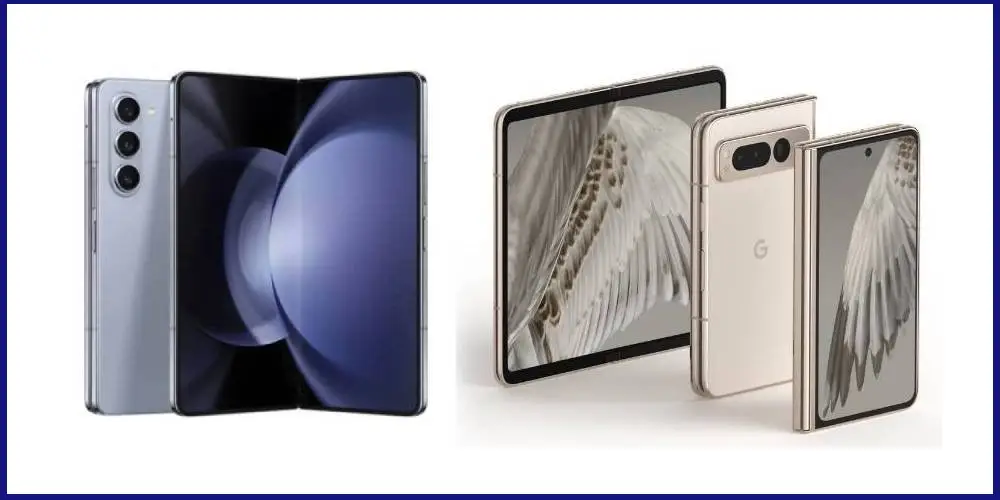The Future of Smartphones: AI Technologies Leading the Charge
Artificial intelligence (AI) is reshaping mobile technology, powering features that enhance everyday use and make our devices more efficient and intuitive. From advanced camera capabilities to personalized user experiences, AI is paving the way for groundbreaking advancements in smartphones. As technology continues to evolve, this trend promises even more impressive transformations in mobile connectivity, sustainability, and security.
Foldable Phones: Redefining Smartphones with AI
Foldable phones are introducing an innovative design approach, offering users the compact convenience of a phone with the screen space of a tablet. With brands like Samsung, Huawei, and Motorola leading the way, foldable smartphones are ideal for productivity, entertainment, and multitasking. By integrating AI-powered features, these devices are more adaptive and capable than ever. Learn more about foldable innovations from Samsung’s official website.
5G and AI: A Connectivity Revolution
The rollout of 5G technology has expanded the potential for AI-driven features in smartphones to operate in real-time, handling data with lower latency and faster speeds. This allows for seamless connectivity and supports multiple devices at once. Looking ahead, 6G technology could take these advancements further, with possibilities like holographic communications and advanced edge computing. For more on 5G’s impact, visit Qualcomm’s 5G resources.
Artificial Intelligence and Machine Learning: The Backbone of Modern Smartphones
At the heart of today’s devices, AI and machine learning power critical features that enhance usability. AI improves everything from camera performance and battery efficiency to personalized app recommendations. From real-time photo enhancements to voice assistant functionality, these tools make smartphones more responsive and user-friendly. Learn more about AI’s role in mobile devices on Google’s AI blog.
Sustainability and Eco-Friendly Smartphones with AI
In response to environmental concerns, many smartphone manufacturers are incorporating sustainable practices, such as using recycled materials and modular designs that reduce e-waste. Companies like Fairphone are pioneering eco-friendly devices designed to be energy-efficient and long-lasting. As AI in phones advances, it may soon help users manage energy usage and minimize environmental impact. Learn about Fairphone’s mission on their official website.
Advanced Cameras: AI Elevates Photography
Today’s smartphone cameras benefit immensely from AI-driven features. AI enhances photography by enabling computational photography, scene recognition, and real-time image adjustments, making high-quality photography accessible to all users. Brands like Apple, Samsung, and Google are leading in this space, pushing smartphone cameras to rival professional-grade equipment. Discover more about AI in photography on Apple’s website.
Innovations in Battery Technology and AI in Smartphones
Battery life has seen major improvements, thanks to innovations like fast and wireless charging. With AI capabilities, battery usage becomes smarter as devices learn user patterns to optimize energy efficiency. As manufacturers explore new battery technologies, AI will continue to play a key role in prolonging battery life and enhancing performance. For insights into battery technology advancements, check out Ericsson’s tech research.
Security and Privacy: Protecting User Data with AI
With smartphones holding increasing amounts of personal data, security and privacy are critical. AI strengthens these protections with biometric security, such as facial recognition and fingerprint scanning, along with advanced encryption. This ensures that sensitive data remains secure, even as cyber threats evolve. Read more about mobile security on the International Telecommunication Union’s website.
By integrating these advanced features, AI in smartphones is set to continue driving remarkable advancements in mobile technology. From sustainability and security to smarter, more personalized experiences, the future of smartphones promises a new level of innovation, convenience, and responsibility.












